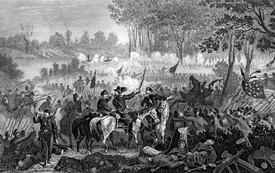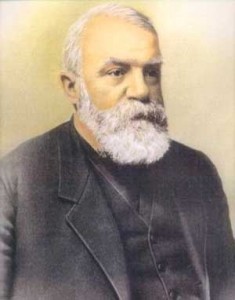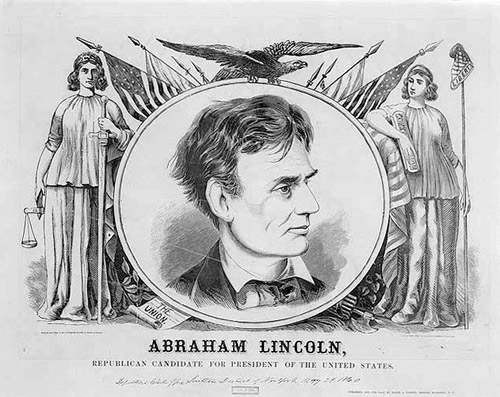I have found out even more about my family history through my birthday present, a subscription to Ancestry.com! Here are a few updates:
- My dad is definitely 100% German, making me 50% German. However, most of his side came over before 1860, making them in the country longer before the huge German, Italian, and Irish immigration waves of the late 19th Century.
- My third great-grandfather on my Grandpa Speckhals’ side was born in Hannover, Germany in 1837. He arrived in New Orleans, then probably took a steamship to St. Louis, Missouri, then to Hermann, Missouri (where nearly all of my dad’s side is from, and still live near to this day). He fought in a small skirmish in a Union militia regiment (54th of Missouri) near Hermann against General Pierce of the Confederates. To make a long and very interesting story short, they won. I even have a scanned copy of his military mustering slip…this is one of dozens of treasures I have found.
- I found a neat picture of my 3rd great-grandfather on my Grandma Speckhals’ side. His name was Carl Brunning. He arrived in New York on the ship Rudolph from Hamburg, Prussia on May 9, 1857. He then settled in the Hermann, Missouri area that same year.

- My mom appears to be mostly of British descent. One direct ancestor (16th great-granfather) was in the second expedition to Jamestown, Virginia. He and his wife were one of the first couple to have a child at the settlement. Also, some ancestors fought in the War for Independence, War of 1812, Civil War, World War 1, and World War 2. Quite the history of service to our country!
I look forward to sharing more with everyone! Thanks, Andrea for an awesome (I know, awesome is a 7th grad word) and thoughtful birthday gift!





